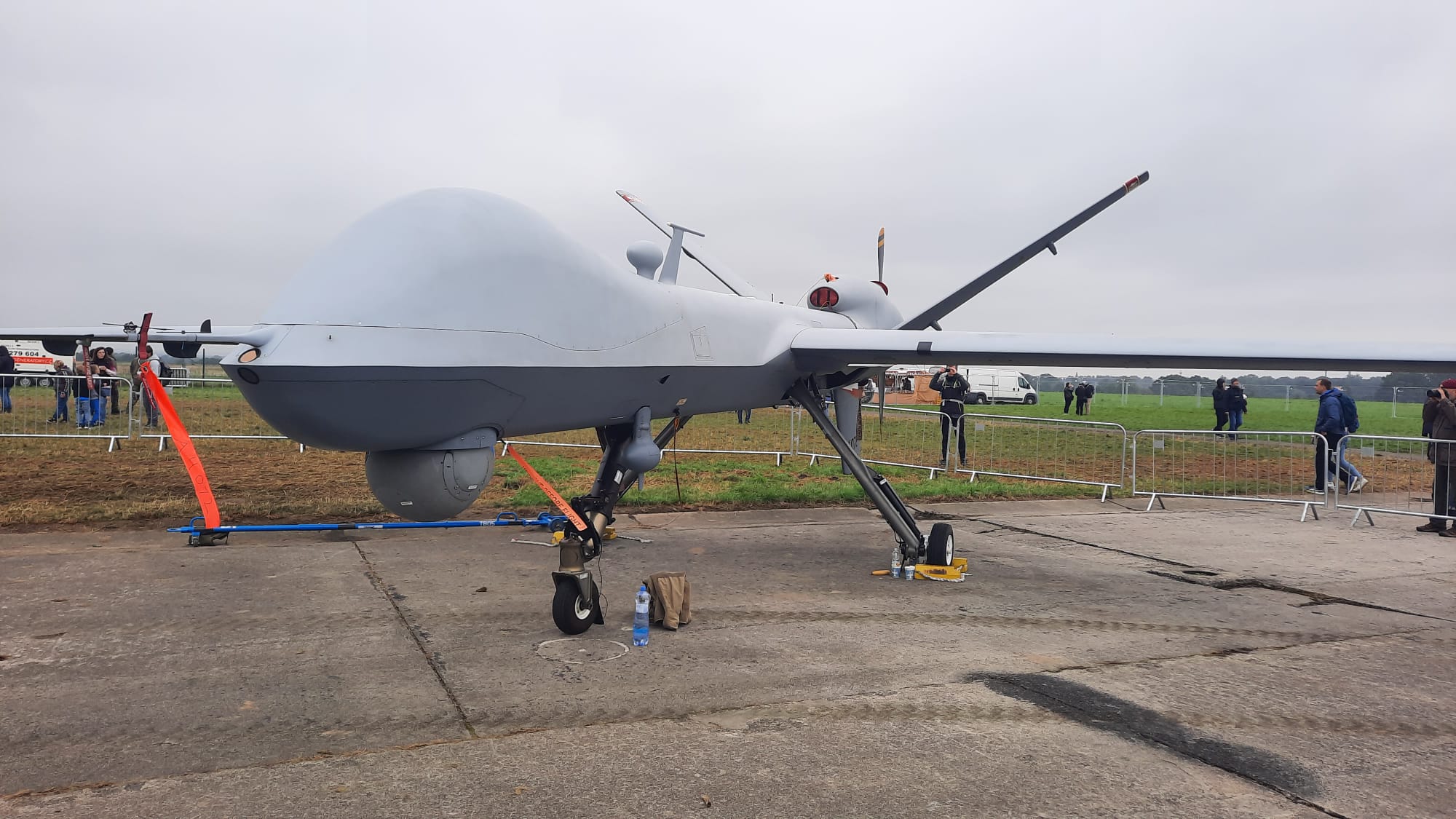John McLaughlin on Morphing Terrorist Threats
John McLaughlin, who was Deputy Director of the CIA from 2000-2004, has a nice essay in FP on how the patterns of terrorism we face today differ from the ones that prevailed in the years after 9/11. Many of his points – the move away from traditional forms of authoritarianism in many Islamic countries, the shifting geography of terrorist threats, the increasing terrorist focus on “soft” as opposed to spectacular targets – will be familiar to Lawfare readers. But his conclusions are less familiar, and
John McLaughlin, who was Deputy Director of the CIA from 2000-2004, has a nice essay in FP on how the patterns of terrorism we face today differ from the ones that prevailed in the years after 9/11. Many of his points – the move away from traditional forms of authoritarianism in many Islamic countries, the shifting geography of terrorist threats, the increasing terrorist focus on “soft” as opposed to spectacular targets – will be familiar to Lawfare readers. But his conclusions are less familiar, and some are arresting:
First, a large dose of humility is called for in estimating the threat; it will simply be harder to have a confident understanding of the scope and nature of extremism in areas of high concern -- or to confidently predict what might happen there. This is already true in the areas undergoing political revolutions, but it will soon be true also in Afghanistan and Iraq as our drawdowns inevitably reduce our visibility. A second related implication is that the potential for surprise is going up. For some years, terrorists have been showing a capacity to adapt in the face of our successes. When we made it harder to get weapons on airplanes, they tried liquids in the 2006 airline plot detected in London. When we banned liquids, they devised weapons that were neither metal nor liquid -- the failed 2009 underwear bomber in a plane over Detroit. When we tightened access to the passenger cabin, they tried (and failed) in 2010 to plant a package bomb in cargo originating in Yemen. And there are reports that in 2011, al Qaeda's Yemen affiliate was toying with the idea of surgically implanting an explosive device in a suicide bomber. It seems only reasonable to assume that the more fluid environment to which terrorists now have access will allow them to continue this kind of experimentation, with perhaps a greater chance that they will surprise us with something more effective -- or simply get lucky. Third, there is growing urgency to preserve and nurture -- or in some cases the need to restore -- U.S. influence in all of these areas. Among the factors that made us successful up to now has been the broad anti-terror coalition our diplomats, military, and intelligence officers were able to establish and enhance over the last decade. Every effort must be made to keep those partnerships or to renew them in areas where they may be fraying or broken. Coping with this more complex threat is not something we can do alone. Overall, the job will become even more labor intensive and painstaking for intelligence and our military and civilian policymakers. And in this so-called long war, it may be no exaggeration to invoke Churchill's 1942 phrase and consider ourselves only at "the end of the beginning."
Jack Goldsmith is the Learned Hand Professor at Harvard Law School, co-founder of Lawfare, and a Non-Resident Senior Fellow at the American Enterprise Institute. Before coming to Harvard, Professor Goldsmith served as Assistant Attorney General, Office of Legal Counsel from 2003-2004, and Special Counsel to the Department of Defense from 2002-2003.




